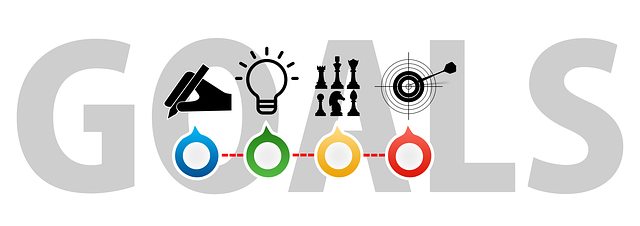In real estate, top agents excel by seamlessly blending assertiveness and collaboration. Assertive communication empowers them to protect client interests, negotiate deals, and build trust in a competitive market. Collaboration fosters open dialogue, mutual respect, and strong industry relationships, leading to exceptional service and creative problem-solving. This dual approach allows professionals to advocate for clients while contributing to a positive, cooperative ecosystem within the industry.
In the dynamic world of real estate, balancing assertiveness and collaboration is a delicate art. This article explores these two essential skills, providing insights into how agents can master them for optimal success. We’ll delve into the benefits of blending assertiveness—a cornerstone of negotiation—with collaboration, fostering stronger client relationships and closing more deals. By understanding and implementing effective strategies, real estate professionals can achieve harmony between these forces, elevating their performance in a competitive market.
Understanding Assertiveness and Collaboration in Real Estate

In the dynamic world of real estate, balancing assertiveness and collaboration is an art that top agents master. Assertiveness involves clearly expressing one’s needs, opinions, and rights while respecting others. It empowers individuals to negotiate, make informed decisions, and stand up for their interests in a competitive market. In real estate, this translates into effectively communicating with clients, understanding their requirements, and advocating for their best interests when dealing with sellers or buyers.
Collaboration, on the other hand, is a team-oriented approach where agents work together with clients, colleagues, and stakeholders to achieve common goals. It fosters an environment of trust, open communication, and mutual respect, which is vital in complex transactions. Real estate professionals who excel at collaboration build strong relationships, tap into diverse networks, and leverage each other’s expertise to deliver exceptional service. This balance ensures that agents not only protect their clients’ interests but also contribute to a harmonious and productive ecosystem within the industry.
The Benefits of Balancing These Two Essential Skills

In the dynamic realm of real estate, where transactions are often fast-paced and negotiations intense, balancing assertiveness with collaboration is a game-changer. Assertiveness ensures that your needs, ideas, and opinions are heard and respected, enabling clear communication and building trust among stakeholders. This skill empowers agents to confidently navigate complex situations, protect their clients’ interests, and secure favorable outcomes.
On the other hand, collaboration fosters teamwork, encourages creative problem-solving, and leads to mutually beneficial agreements. In real estate, this means effectively listening to clients’ requirements, working with colleagues for comprehensive solutions, and partnering with service providers to deliver exceptional experiences. By blending assertiveness and collaboration, agents can elevate their professional game, strengthen relationships, and thrive in a competitive market.
Strategies to Achieve Harmony Between Assertiveness and Collaboration

In the dynamic world of real estate, a successful career often hinges on finding the perfect balance between assertiveness and collaboration. While assertive communication is key to establishing your expertise and negotiating deals, fostering strong relationships with colleagues, clients, and partners requires collaboration. Achieving harmony between these two traits involves intentional strategies.
One effective approach is to set clear boundaries and communicate them openly. This means knowing your limits and being direct about what you can and cannot do while also actively listening to others’ needs and perspectives. Regularly engaging in active listening helps build trust, ensuring that discussions remain productive and respectful. Additionally, practicing empathy allows you to understand different viewpoints, facilitating more cooperative interactions.






